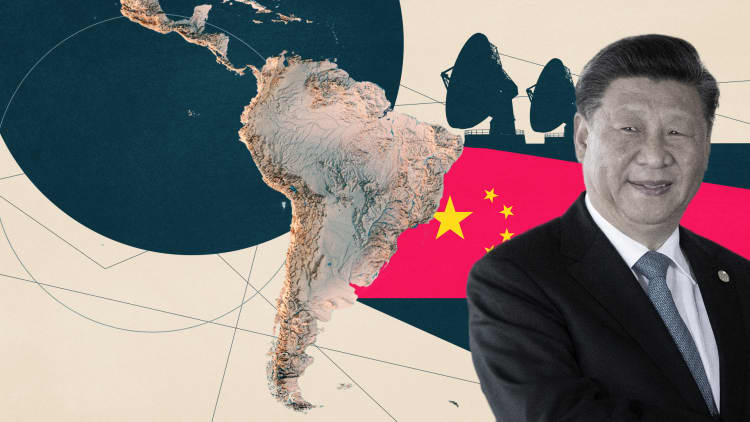Argentina elected libertarian outsider Javier Milei as its new president on Sunday, rolling the dice on an outsider with radical views to fix an economy battered by triple-digit inflation, a looming recession and rising poverty.
Official results showed Milei with near 56% versus 44% for his rival, Peronist Economy Minister Sergio Massa, who conceded in a speech. His candidacy was hampered by the country's worst economic crisis in two decades while he has been at the helm.
"Obviously the results are not what we expected. I have contacted Javier Milei to congratulate him," Massa said. "From tomorrow the responsibility of providing certainty belongs to Milei."
Milei is pledging economic shock therapy. His plans include shutting the central bank, ditching the peso, and slashing spending, potentially painful reforms that resonated with voters angry at the economic malaise.
"Milei is the new thing, he's a bit of an unknown and it is a little scary, but it's time to turn over a new page," said 31-year-old restaurant worker Cristian as he voted on Sunday.
Milei's challenges are enormous. He will have to deal with the empty coffers of the government and central bank, a creaking $44 billion debt program with the International Monetary Fund, inflation nearing 150% and a dizzying array of capital controls.
Some Argentines had characterized the vote as a choice of the "lesser evil": fear of Milei's painful economic medicine versus anger at Massa and his Peronist party for an economic crisis that has left Argentina deeply in debt and unable to tap global credit markets.
Milei has been particularly popular among the young, who have grown up seeing their country lurch from one crisis to another.
"Our generation is pushing the presidency of Milei to stop our country being a pariah," said Agustina Lista, 22, a student in Buenos Aires.
Milei's win shakes up Argentina's political landscape and economic roadmap, and could impact trade in grains, lithium and hydrocarbons. Milei has criticized China and Brazil, saying he won't deal with "communists," and favors stronger U.S. ties.
The shock rise of the 53-year-old economist and former TV pundit has been the story of the election, breaking the hegemony of the two main political forces on the left and the right - the Peronists and the main Together for Change conservative bloc.
"The election marks a profound rupture in the system of political representation in Argentina," said Julio Burdman, director of the consultancy Observatorio Electoral, ahead of the vote.
Supporters of Massa, 51, an experienced political wheeler-dealer, had sought to appeal to voter fears about Milei's volatile character and "chainsaw" plan to cut back the size of the state.
"Milei's policies scare me," teacher Susana Martinez, 42, said on Sunday after she voted for Massa.
Milei is also staunchly anti-abortion, favors looser gun laws and has criticized Argentine Pope Francis. He used to carry a chainsaw in a symbol of his planned cuts but shelved it in recent weeks to help boost his moderate image.
After October's first-round vote, Milei struck an uneasy alliance with the conservatives, which boosted his support. But he faces a highly fragmented Congress, with no single bloc having a majority, meaning that he will need to get backing from other factions to push through legislation. Milei's coalition also does not have any regional governors or mayors.
That may temper some of his more radical proposals. Long-suffering voters are likely to have little patience, and the threat of social unrest is never far below the surface.
His backers say only he can uproot the political status quo and economic malaise that has dogged South America's second-largest economy for years.
"Milei is the only viable option so we do not end up in misery," said Santiago Neria, a 34-year-old accountant.


